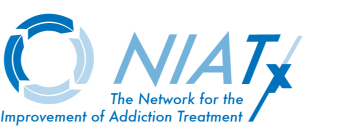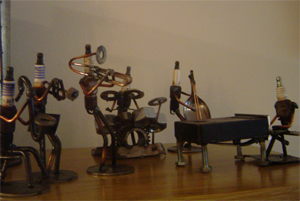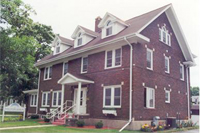 |
|
E-News Update January 2006 |
|
|
In This Issue |
|
||||
|
|
NIATx Presentations |
|||||
|
||||||

Most of us in the working world have heard the term "think outside of the box" many times, because we are asked—implicitly or explicitly—to apply this principle in our work all the time. We are often asked to think creatively during brainstorming meetings, but most of us find it difficult to come up with innovative ideas on the spot. So how do we teach ourselves to think creatively? How do we know if our solutions are well designed? [READ MORE]
.
The Jackie Nitschke Center (JNC) of Green Bay, Wisconsin instituted new requirements for participating in their Aftercare program and also initiated the use of cognitive mapping to achieve a significant increase in the percentage of clients staying through the first five sessions (from 38% to 83%) and also completing all sixteen Aftercare sessions (from 46% to 65%). [READ MORE]